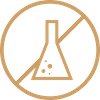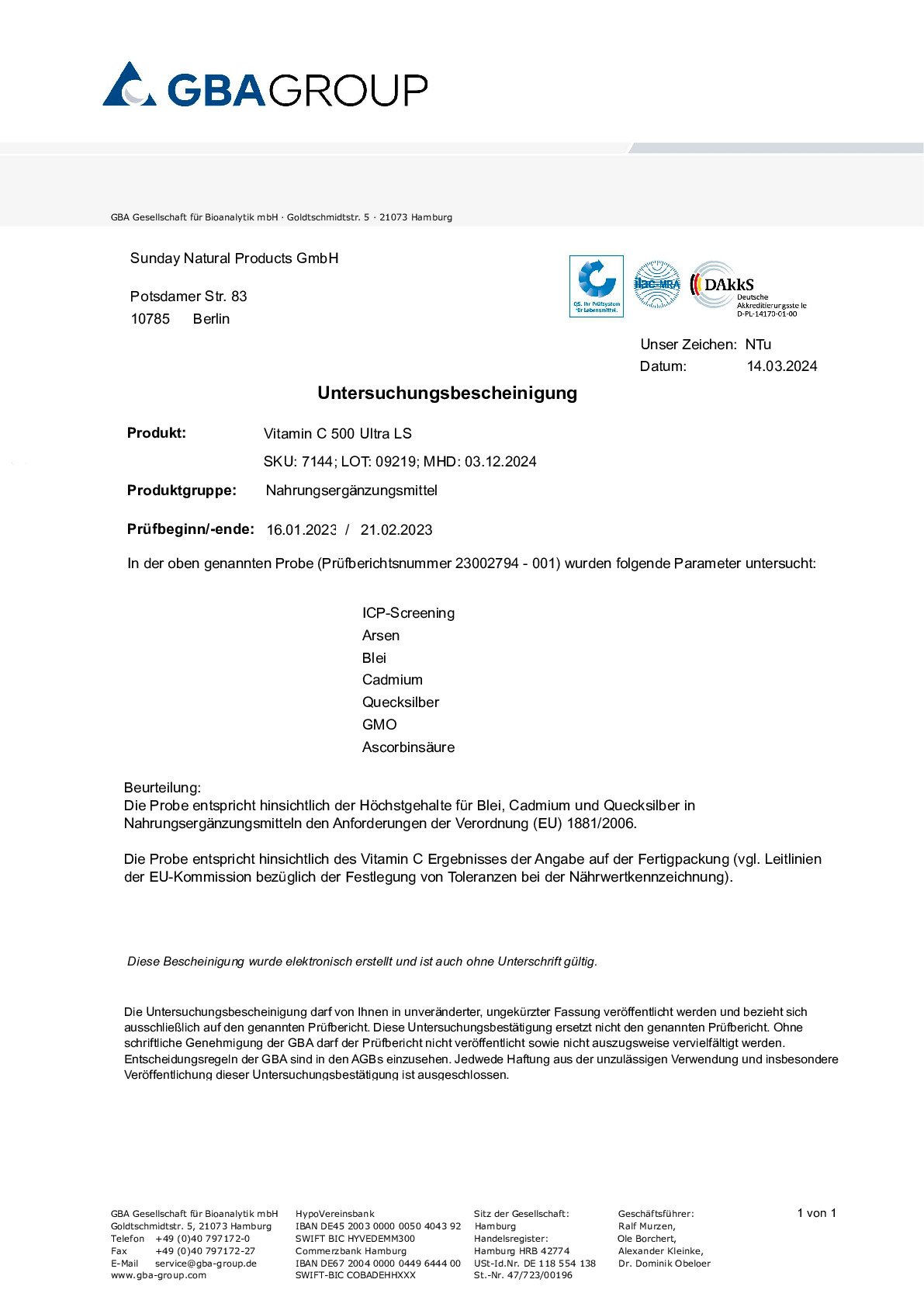Vitamin C is involved in numerous redox reactions as an antioxidant and cofactor, thus influencing numerous processes in the human body, such as energy metabolism and the immune system as well as providing antioxidative protection to cells. It is also involved in the formation of collagen, the structural protein found in skin, cartilage, bones and blood vessels, as well as in the synthesis of hormones.
High concentrations of vitamin C are found naturally in fresh fruits, vegetables and berries such as camu camu, sea buckthorn berry, acerola cherry, rosehip, black currant, kale, parsley, kiwis and citrus fruits, among others.
Vitamin C is still the subject of intensive research. New mechanisms of action of this fascinating vitamin are discovered almost every year. To date, the following statements on vitamin C have been approved by the EU:
Vitamin C contributes to:
- The reduction of tiredness and fatigue
- Normal cognitive function
- The regeneration of the reduced form of vitamin E
- Normal energy metabolism
- Normal immune system functioning
- Normal nervous system functioning
- The protection of cells against oxidative stress
- Normal collagen formation for normal blood vessel function
- Normal collagen formation for normal bone function
- Normal collagen formation for normal cartilage function
- Normal collagen formation for normal dental function
- Normal collagen formation for normal gum function
- Normal collagen formation for normal skin function
- Increasing iron absorption
- Maintaining normal functioning of the immune system both during and after intense physical activity.































